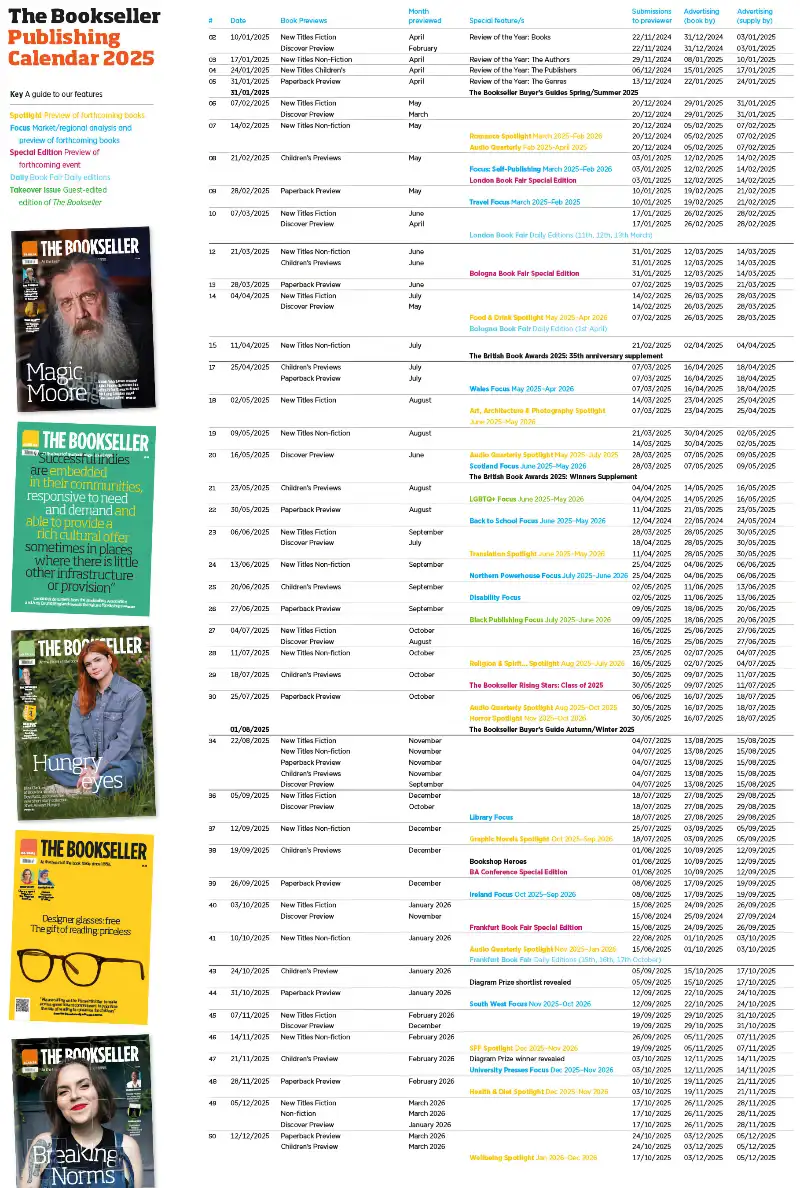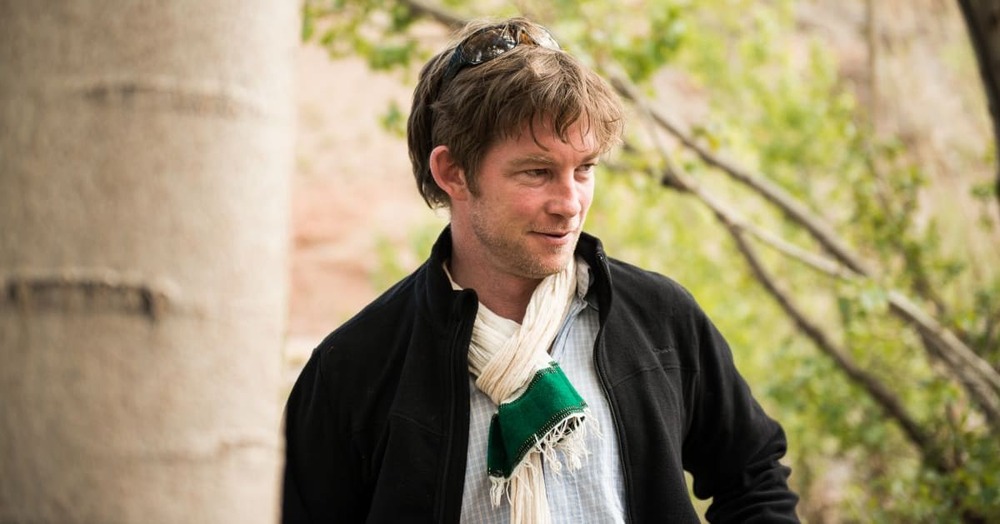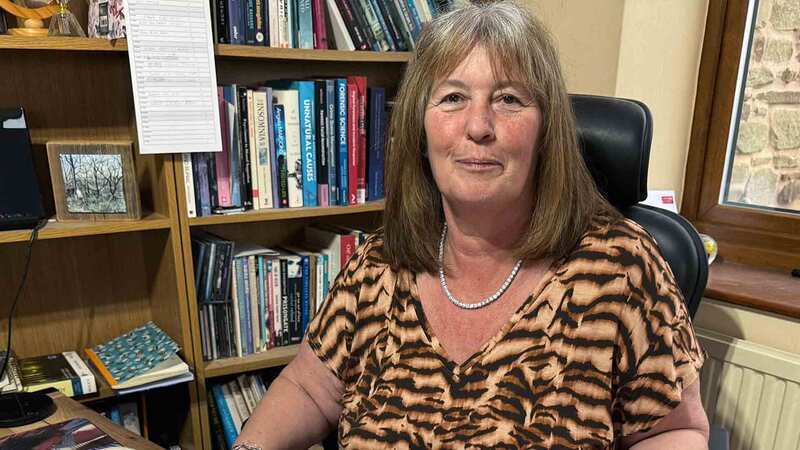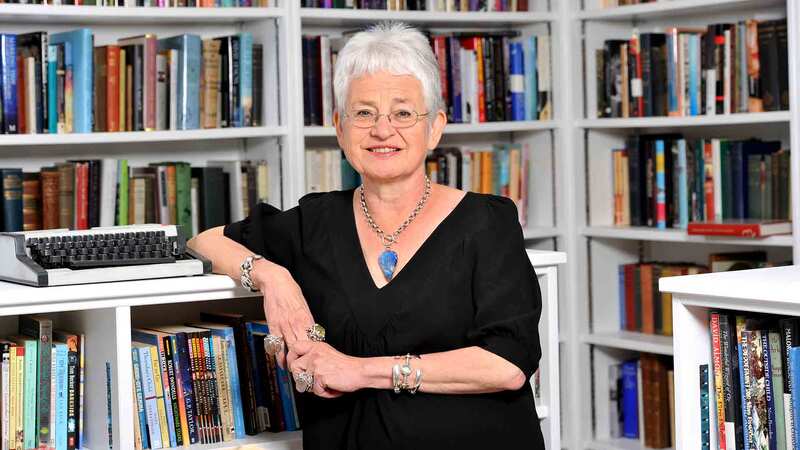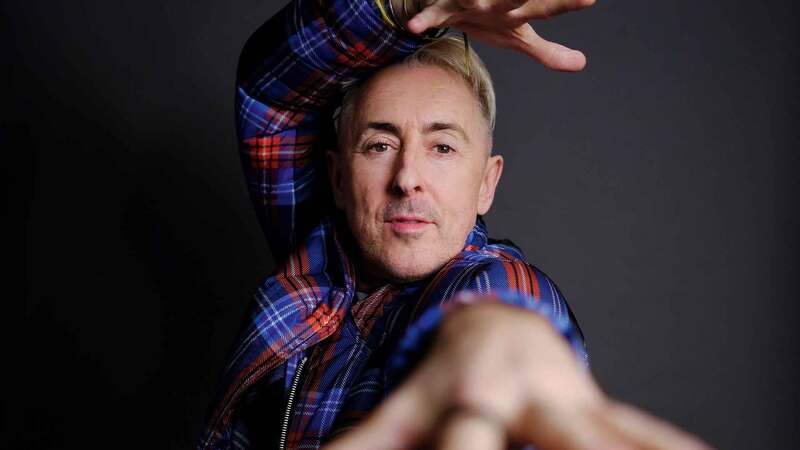You are viewing your 1 free article this month. Login to read more articles.
Horatio Clare | 'This diary has been a lifeline'
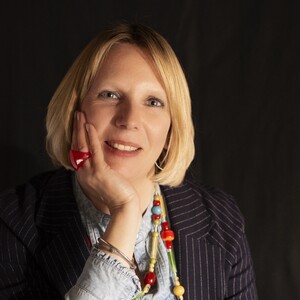 Caroline Sanderson
Caroline SandersonCaroline Sanderson worked as a Waterstones bookseller, and as a book publicist before becoming a freelance writer in 1997. The Bookseller’s
...more"Winter makes things stark... You can see further in every way". Horatio Clare is leaning out of the attic skylight above his desk on the second floor of his house in Hebden Bridge, West Yorkshire, describing the ever-changing view it affords him. There’s a hay meadow below and, beyond it, a wood which sweeps up the valley, the trees giving way to rising Pennine moors. A flat escarpment marks the skyline and above it, after a recent sharp shower, huge cumulonimbus clouds soar. It’s summer, early August, but we are here to talk about a different season altogether.
Clare’s first book, Running For the Hills, still one of my favourite memoirs of all time, was published in 2006. Since then he has forged an impressive multi-dimensional writing career, encompassing several acclaimed travel books—including Down to the Sea in Ships: Of Ageless Oceans and Modern Men, which won the Stanford Dolman Travel Book of the Year Award in 2015—and two children’s books, the first of which, Aubrey and the Terrible Yoot, won the Branford Boase Award in 2016.
Now Clare has written a rather different book, The Light in the Dark: A Winter Journal. Originally intended to be a celebration of that season, it evolved into something more nuanced, and perhaps more profound as a consequence. It was commissioned by Jennie Condell, publisher at Elliott & Thompson, after Clare had contributed to an anthology on autumn, edited by Melissa Harrison. "I think Jennie wanted something thematic about winter in its different aspects, but what I found myself writing was a much more personal book about winter in its actuality," Clare tells me.
Full of the arresting and poetically precise descriptions of the natural world at which he excels, Clare’s winter journal opens in September, a month he describes as "easy to love". In mid-October, there are sightings of dawdling swallows to keep the spirits lifted. But there is also a "pink Chinese silk balloon sun in a mustard sky", which "looks like a portent, if not an apocalypse". And indeed what follows is a record of the winter of 2017/18, one of the hardest and longest in living memory, with the now notorious Beast from the East striking in late February. While helpful for the book, the extreme weather added to the mental and creative challenge for Clare, who early on in the diary reveals that he has "come to fear winter".
Through the year
Clare has long experienced spells of depression, exacerbated by winter’s onset. He is far from alone: more than a quarter of us in the UK are thought to suffer with some degree of seasonal affective disorder. I ask Clare if he believes modern life has taken away some of our ability to cope with the demands the seasons impose on us. "I would say so. Work now takes no account of the seasons, but clearly our bodies do. It used to be the case that we would eat seasonally and act seasonally, but now we tend to just try and drive through it all. I think everyone feels winter is a kind of ‘buckle down and pull through’ time."
Work now takes no account of the seasons, but clearly our bodies do. It used to be the case that we would eat seasonally and act seasonally, but now we tend to just try and drive through it all.
Clare’s winter’s tale isn’t all hygge, and there’s no shying away from the darkness. In fact, he describes with unsparing honesty his low moods, his rumbling fears for the future, and the times when he becomes aware of "an inner fighting, of a struggle not to lie down under the battering of these dim, thudding days". In person he is eloquent on the duty of the writer to bear witness and "make our feelings and observations plain, like travel writers in our own land", for the potential benefit of others, especially young people who may be experiencing depression for the first time.
But the book also expounds beautifully on the joys of the winter season: "flying blue mornings"; light-filled walks; and snowdrops opening and "slowly lifting white arms from their sides like ballerinas". Sometimes Clare harks back to the hill-farm childhood he first described in Running for the Hills: his own child’s Christmases in Wales; and "the amazing weeks when the farm became a ship trapped in ice". There’s also a radiant description of going to a glittering Midnight Mass in St Mark’s in Venice one Christmas Eve. And it’s also clear that perhaps chief among Clare’s present comforts and consolations is being a father to his five-year-old son Aubrey—whose name he "stole" to use for the hero of his books for children—who scampers through The Light in the Dark, perpetually excited by the novelties of the natural world around him and, of course, by the coming of Christmas.
In fact, last winter marked a personal breakthrough for Clare. Urged on by his partner Rebecca and his father, in the wake of the Beast from the East, he finally overcame his long-held fear of a bipolar disorder diagnosis and consequent prescription of drugs, and sought professional help for his depression. The result was a diagnosis of cyclothymia, a mostly milder and remarkably common mood disorder. And the writing of The Light in the Dark was also a huge help. "This diary has been a lifeline," he writes, "a place to put the days so that none were wasted, a way to see and celebrate winter in all its shadows and lights."
A helping hand
It’s a book that has potential to help others too. Still cushioned—to use Clare’s word—by our memories of the longest, hottest summer for decades, it might be a while before we feel the effects of this next winter—but feel them we surely will. Clare is under no illusions about what’s ahead. "Every winter is an increasingly stern test of the NHS, of the poor, of transport networks, of mental health. You just have to accept that there are days when your goggles will be completely clouded, and everything you’re thinking is almost certainly wrong. The process by which a good, kind person becomes a miserable, selfish depressive is natural to an extent, and not entirely in our own hands."
For now, Clare is optimistic about the winter that lies in wait. In September he starts a new job teaching non-fiction creative writing at the University of Manchester, and he has two books coming out this autumn, The Light in the Dark and, from Little Toller, Something of His Art: Walking to LuÃàbeck With J S Bach, an account of a journey he undertook for a series of programmes for BBC Radio 3. A third children’s book, Aubrey and the Terrible Spiders, is also in the offing. Often it’s those who have been down lowest who go up highest, and speak most eloquently of life’s joys. As he leans out of the skylight again, puffing on a roll-up cigarette, I ask Clare to tell me, off the top of his head, the things he loves most about winter. "The colours. The clarity. Wood fires and the smell in the morning of the grate not quite cold. Different kinds of ice. That lift in your step that rosy cheeks give you. Hibernation. I love a good sleep. Books are great in winter, too; you don’t feel bad about doing very little if it’s dark and miserable outside. The seaside in winter. And there are glorious moments on the tops of the moors too. That wuthering feeling is rather wonderful".
Extract
Last winter I thought I would go mad with depression...
But this year will be different, it must be different. This book is to be a torch raised against it. I will take it down in notes and diaries. I will embrace this winter
like a summer. I will try to see this little shard of the North as I would an unknown country.
I will pay attention: depression kills your power of vision, turning you fatally towards yourself, but I will practise looking and looking outwards like an exercise, as though I am training for an expedition. Mountains make sense in any weather. The voices of a wood always speak consolation: the trick is to resist the psychological deafness, that bung of jeering voices clogging the inner ear. Beware that glaze which creeps over the inner eye, blinding you to the brightness
of moss in rain. I will not lose touch with nature. This is vital. I believe in immanence, in the oneness of living things. Maintaining that faith will carry you through the hardest times.



